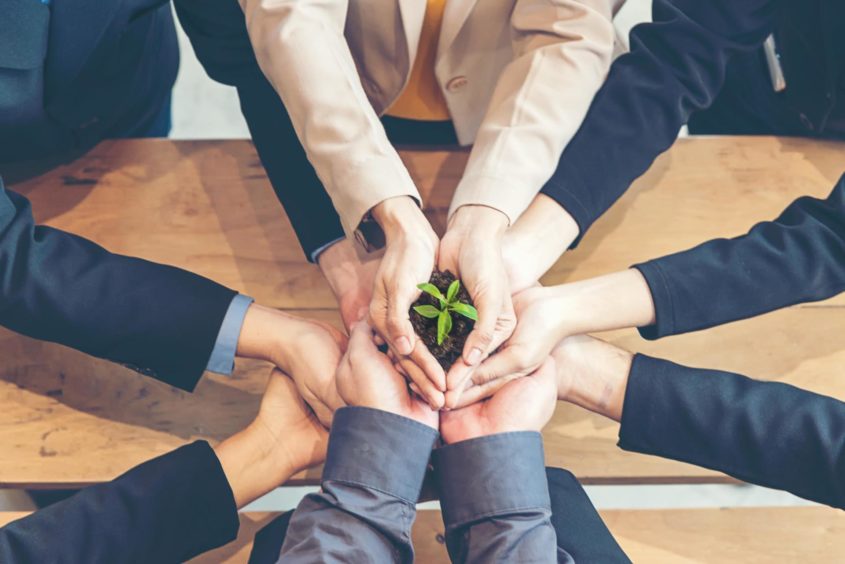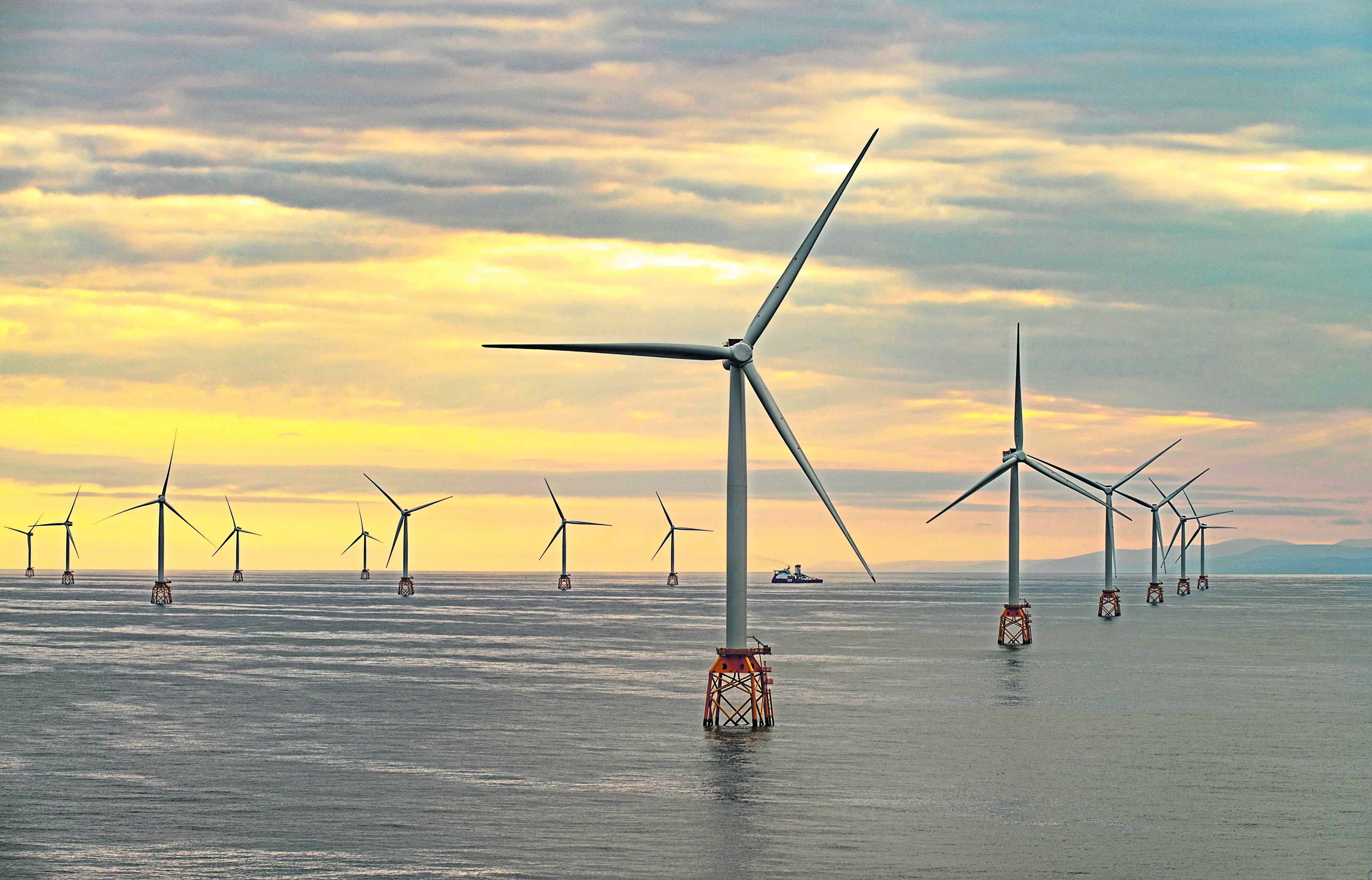
It has become something of a cliché that the Millennial and Gen Z generations are more environmentally conscious and values-driven than their predecessors in the workplace. The Deloitte Global Millennial Survey 2020 showed that there is still truth in that cliché, and despite the financial hardship and anxiety of the last 12 months, younger workers remain focused on larger societal issues and the need to drive positive change in their communities and around the world. This is seen as presenting a challenge to the sector in terms of attracting new recruits.
There are rapid changes going on in the oil and gas sector to address the net-zero agenda, particularly the coming into force in February of the new OGA Strategy which requires oil and gas companies, in the course of seeking to maximise economic recovery of oil and gas, also to support the UK’s net-zero targets. It is also important to note OGUK’s Roadmap 2035 and the voluntary emissions targets already accepted by the sector. I could talk about the OGA’s good governance agenda and its forthcoming recommendations around environmental reporting, all of which demonstrate that rapid change is underway in how we operate on the UKCS, which new recruits can help to embed and accelerate.
However, oil and gas companies are just one, albeit crucial, part of the landscape of the sector, and every business is addressing this challenge so, instead, I thought I would mention a few things we are doing at CMS to reflect and channel the ambitions of the younger generation.
We have signed up to the UN Sustainable Development Goals as the focus of our own CSR agenda. These are a set of 17 global goals for government, businesses and individuals that address the greatest challenges of our time. We have chosen to focus on the goals which seem most relevant to our skills and strengths which are those aimed at quality education, reduced inequalities, climate action and perhaps the most pertinent of all for lawyers, SDG 16 on peace, justice and strong institutions.
To reduce inequalities and improve quality education, we have a number of social mobility initiatives underway in our offices including career insight days exposing young people to the world of work, volunteers tutoring motivated students from disadvantaged backgrounds to help them improve their grades and secure top places at universities, and mentoring for students when they get there. We also award CMS law scholarships and in June 2020, reflecting the constraints of lockdown, we were delighted to launch #CMSBuildingBetterFutures Hub, an online resource aimed at young people in secondary school education. The hub provides insights into CMS, the workings of the legal industry, and some of the many different roles that make up a commercial law firm. There are also resources to support young people to develop the key skills required for further education and the world of work.
On climate action, we are one of only two law firms globally to adopt science-based targets to reduce our own greenhouse gas (GHG) emissions – targets are considered “science-based” if they are in line with what the latest climate science says is necessary to meet the goals of the Paris Agreement – to limit global warming to well-below 2 degrees Celsius above pre-industrial levels and pursue efforts to limit warming to 1.5C. We were rated “B” in 2020 in the Carbon Disclosure Project audit of our impact on the environment, ahead of the sector average of “C” and we intend to keep improving on that performance. We are taking active steps to increase our use of renewable energy (already the sole source of electricity in seven of our nine UK offices), to reduce our waste (already no waste goes to landfill in the UK) and to reduce the impacts of transport and printing – our Xerox Print Awareness Project has resulted in the planting of 1,200 trees.
Turning to peace, justice and strong institutions, I am very committed to an initiative I began in my role as a member of the board of the Law Society of England and Wales, working with the World Bank, to bring together the law societies of the world to work on SDG16, harnessing the collective perspective, purpose and power of the global legal profession towards the advancement of the rule of law and access to justice as a tool for sustainable development.
As in many areas of business, including diversity and inclusion which is so important, it is always the case that working to contribute to the greater good is inspiring and is also good for business, but the reason we do it is because it is the right thing to do.
Recommended for you
